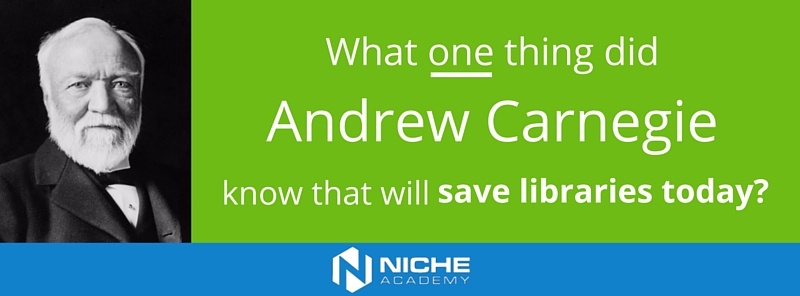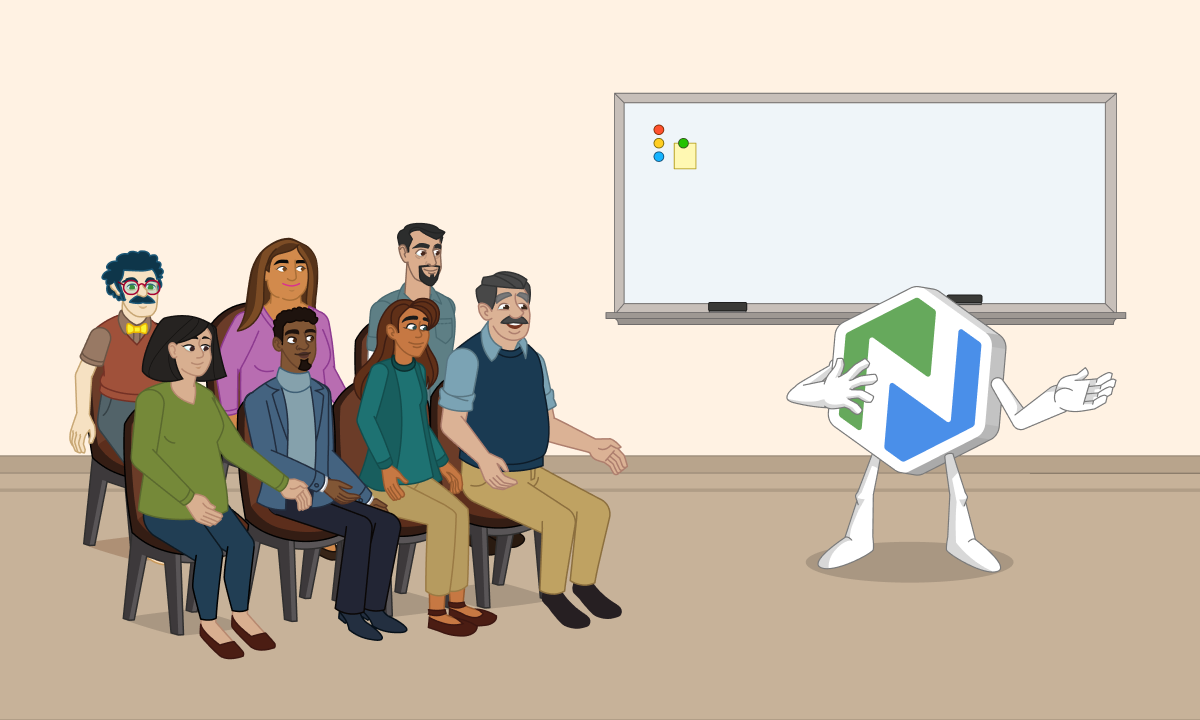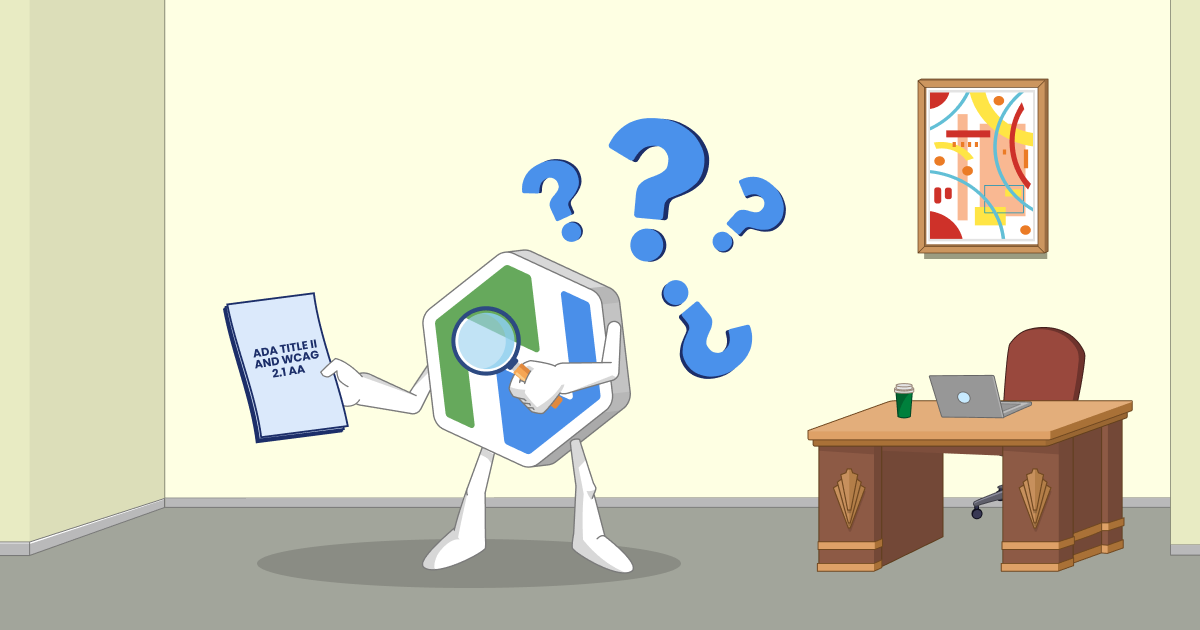What one thing did Andrew Carnegie know that will save libraries today?
Andrew Carnegie built over 2500 libraries. Though he lived before the internet he understood something that would secure the future of libraries.

Consider two quotes, attributed to Carnegie, that show why he invested in libraries.
“A library outranks any other one thing a community can do to benefit its people. It is a never failing spring in the desert.”
“There is not such a cradle of democracy upon the earth as the Free Public Library, this republic of letters, where neither rank, office, nor wealth receives the slightest consideration.”
Andrew Carnegie believed that a free public library gave people the chance educate and lift themselves whatever their origins in terms of wealth and status.
I believe that many libraries are in trouble today because they have forgotten their core mission and focused instead on the old mechanics of delivering education. In Carnegie’s day, self-directed learning was delivered almost entirely through printed material--mostly through books, newspapers, journals, and magazines. The mechanics of a library involved cataloguing, circulating, and and providing access to those physical materials.
Today, the mechanics of self-directed learning have moved away from print. The Internet has been a nursery for undreamt-of new learning tools--online courses, wikis, databases, eBooks, streaming media, websites, blogs, social media… There is a dwindling need for cataloguing, circulating, and managing physical materials.
Libraries that are true to their core mission fill three critical needs in this brave new non-print world.
- They curate the bewildering array of learning options to help connect their communities with the very best matches for their particular needs
- They leverage public funding to provide access. This includes access to the Internet itself and also access to well-chosen subscription or purchase-based services.
- They provide customized local instruction tailored to the needs of their communities. This local instruction may take the form of in-person instruction (programming) or it may also be delivered online.
There have never been so many opportunities for self-directed education as there are today. There has never been so great a need for libraries to fill the gaps in the formal education system as there is today. Libraries that fill their core mission, as Andrew Carnegie understood it, will give people the chance to educate and lift themselves whatever their origins. More than survive, these libraries will thrive.

.png)
.png)

.png)
.png)

.png)
.png)

.png)
.png)
.png)